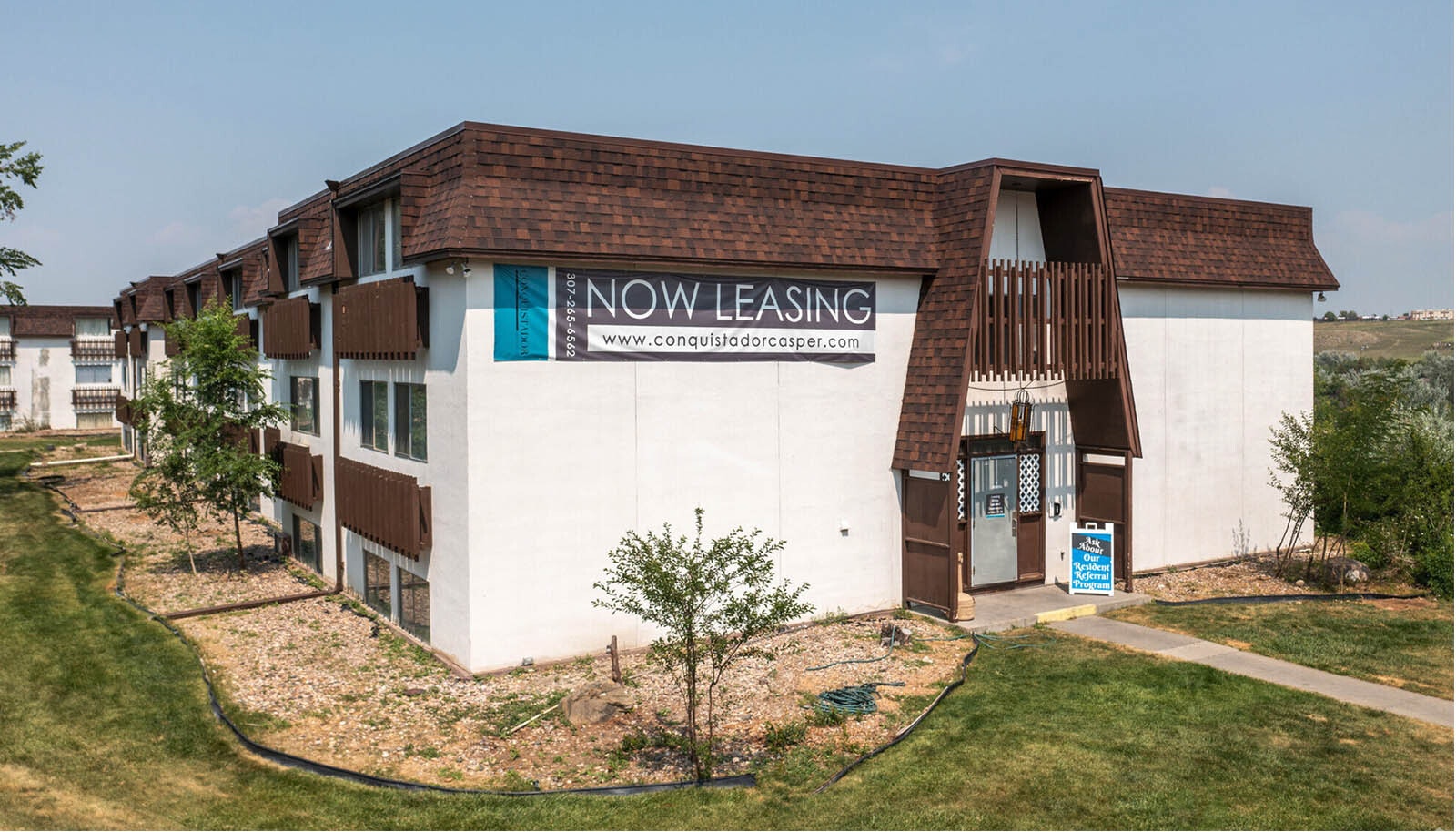CASPER — Utility bills and marijuana don’t usually follow a common theme.
But they did at with the Casper City Council during its regular meeting Tuesday night. Both subjects brought about divided votes, something that is more rare in Casper than not.
The council voted 5-3 with one abstention to pass on third reading an amended utility bill ordinance that for the first time will give landlords a heads up when a tenant is delinquent, but does not mandate the landlord is ultimately responsible for making good on unpaid bills.
The council had been debating the proposal for weeks as a way to help recoup the estimated $700,000 to $800,000 a year the city has in unpaid utilities.
In another split vote, the council also voted 5-4 to enter an agreement with the U.S. Department of Justice’s Drug Enforcement Administration for a $15,000 grant targeting “marijuana eradication” in the community.
Despite the split votes on those issues, the Casper council isn’t divided, said Councilmember Ray Pacheco.
“There are few times that we find ourselves where we really are just disagreeing with each other and kind of split votes and that happened actually twice just today, which is a good thing,” said Pacheco. “There’s healthy debate, but the difference for us is the gridlock that happens, especially at the national level that we see, (does not occur) on this level. We work together, we talk together, and we may not always agree with it … (but) when we walk out of here, we will be friends.”
Landlord Language Removed
As indicated by discussions at a council work session Feb. 13 on the much-discussed proposed utility bill ordinance, Councilmembers Kyle Gamroth, Amber Pollock, Brandy Haskins, Gena Jensen, and Jai-Ayla Sutherland voted to amend the city staff’s proposal by removing language making landlords responsible for unpaid delinquent utility bills.
They then voted together to pass the amended ordinance. Mayor Steve Cathey and Councilmembers Pacheco and Michael Bond voted against both. Vice Mayor Lisa Engebretsen abstained.
Pacheco pointed out that the whole reason for the ordinance — $700,000 to $800,000 in unpaid utility bills each year still is not being addressed and there is no real mechanism in the amended ordinance to protect city coffers.
“So, what is our case, what is our plan now? The city is going to have to come up with something and come back to us,” he said. “I think it is still going to have to involve landlords, so we still have a tough decision to make in the days ahead.”
Sutherland, Gamroth and Haskins agreed that putting the bills in landlords’ names could be the route the city needs to go. The council agreed to take up the ordinance in six months to see if any of the amendments related to landlords receiving more communication about unpaid bills makes any difference.
Marijuana Interdiction Funding
On the marijuana issue, a line item that normally would be included in the consent agenda was pulled out by Gamroth to discuss.
Gamroth said the grant in the past resulted in a drug raid garnering “about a pound of cannabis, 60 grams of meth and a gram of cocaine.”
“According to a 2020 survey of Wyoming residents, 75% of them do not believe someone should go to jail for small amounts of cannabis,” he said, adding that a 2022 report of arrests in Casper showed 52 related to cannabis representing less than 5% of total arrests.
“I just don’t believe the majority of our constituents support heavy enforcement for cannabis-related crime,” he said. “I think those efforts are bit in vain considering that we are surrounded now to a certain extent with states that have legalized marijuana in one way or another and I don’t think it is appropriate use of our staff time.”
Casper Police Chief Keith McPheeters said the agreement would represent the third year of department participation. He said the department uses the money to cover overtime so officers can be “proactive in their efforts” for drug interdiction, which often involves drugs other than marijuana.
He referred to a national survey of prison inmates that revealed marijuana use far outpaced other drugs they were “under the influence” of when they committed their crimes.
“A homicide in our city that we are investigating is 100% revolving around the trafficking of marijuana,” he said.
McPheeters said officers often investigate reported crimes such as burglaries or other incidents, and during the investigation discover drug trafficking, which requires more search warrants and additional processes. He said the grant would help cover those costs.
Opposing View
Pollock said she has no problem with the department’s handling of the grant, but does oppose the Department of Justice and DEA “pushing these grants out into the communities and the federal government’s intentions to continue to “heavily enforce” marijuana laws.
“I just fundamentally disagree with their focus in that arena,” she said. “I’ll also be voting no.”
Mayor Cathey said he was all for marijuana enforcement and pointed to safety issues in the oil industry and how easy it is to spot someone under the influence of alcohol, but not under the influence of drugs such as marijuana.
Cathey was joined by Haskins, Pacheco, Jensen and Bond in approving the agreement, while Gamroth, Pollock, Engebretsen and Sutherland voted against it.
After settling the marijuana discussion, the council meeting ended on a mellow tone.
“I just agree with my colleagues on things feeling a little more exciting, if that is the right word to use, but just different having some split votes,” Sutherland said. “I think it is worth acknowledging it can be done and we can move forward as individuals and with respect for one another and I think all of us really come to this trying to do what is the best thing for the moment.”
Dale Killingbeck can be reached at dale@cowboystatedaily.com.





